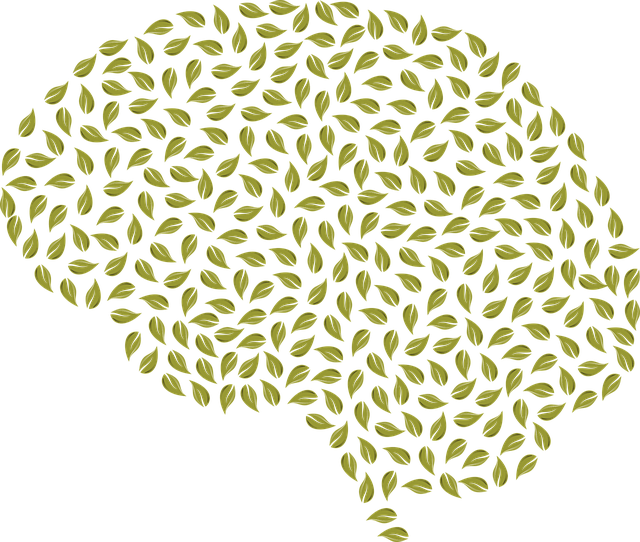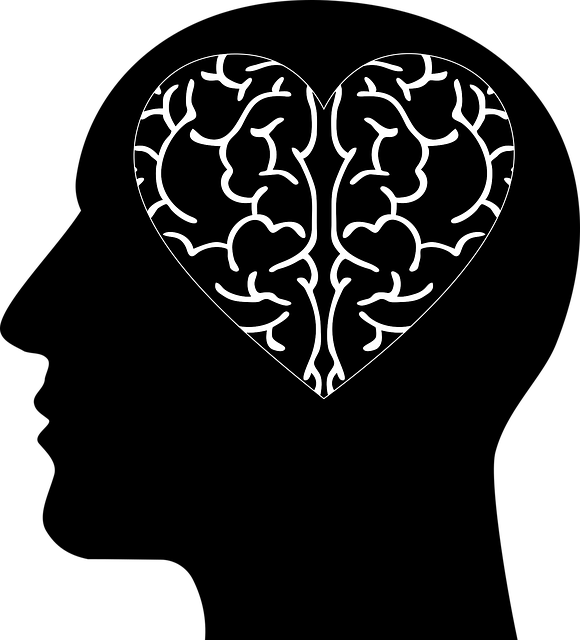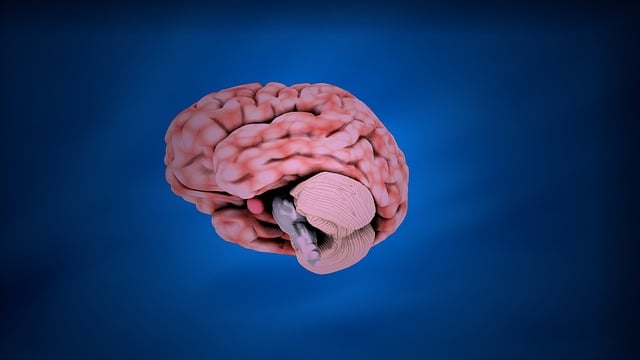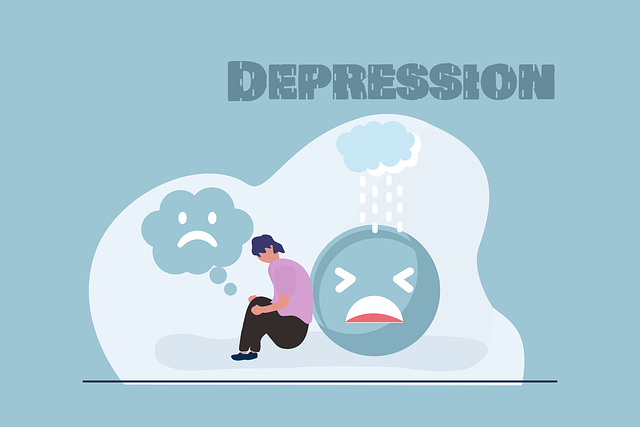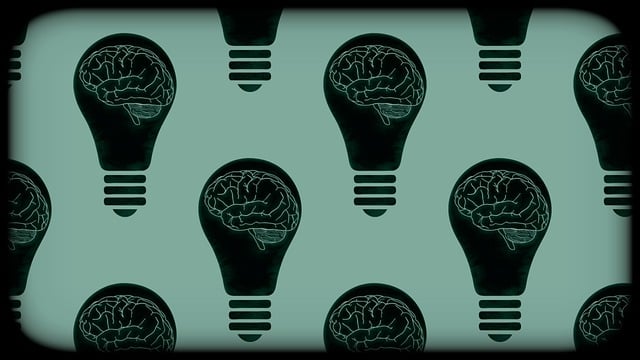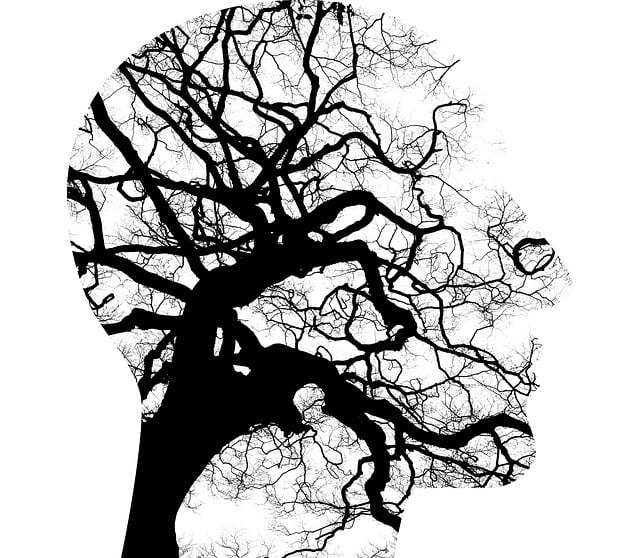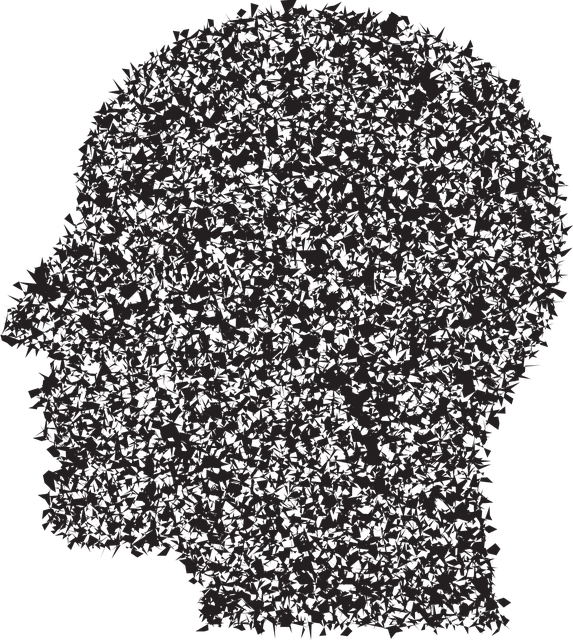Mental wellness self-assessment tools play a crucial role in identifying and addressing mental health issues in young children experiencing chronic pain, enabling timely interventions and proactive management. These tools, designed through a comprehensive policy analysis approach, bridge the gap between clinical assessment and self-care. Effective self-assessments for young children with chronic pain should be age-appropriate, engaging, and tailored to include therapeutic interventions like conflict resolution games, social skills training, and mindfulness exercises. Integrating these assessments into therapy protocols enhances mental wellness outcomes, respects diverse cultural backgrounds, and incorporates trauma support services, ultimately supporting comprehensive care for young children with chronic pain, including targeted therapy for young children with chronic pain.
Mental wellness self-assessment tools play a pivotal role in early detection and intervention for young children experiencing chronic pain. This article delves into three key aspects of developing effective assessment tools, focusing on understanding mental wellness, designing specialized tools for young children with chronic pain, and integrating self-assessments into therapy protocols. By exploring these areas, we aim to enhance therapeutic outcomes and foster holistic well-being for this vulnerable population. Additionally, the discussion emphasizes the significance of tailored interventions in therapy for young children chronic pain.
- Understanding Mental Wellness Self-Assessment Tools
- Designing Effective Tools for Young Children with Chronic Pain
- Integrating Self-Assessments into Therapy Protocols
Understanding Mental Wellness Self-Assessment Tools

Mental wellness self-assessment tools play a pivotal role in identifying and addressing various aspects of mental health, including anxiety relief and emotional regulation, among individuals across different age groups. These tools have proven particularly valuable for young children suffering from chronic pain, where traditional therapy methods might be less effective or challenging to implement. By offering an accessible way for children and their caregivers to monitor and understand their emotional states, these assessments can facilitate timely interventions and proactive management of mental health concerns.
The development of such tools involves a comprehensive mental health policy analysis and advocacy approach. They are designed to bridge the gap between clinical assessment and self-care practices, empowering individuals to take charge of their emotional well-being. This is especially crucial in light of growing recognition of the impact of chronic pain on children’s mental health, highlighting the need for innovative solutions that cater to both physical and psychological aspects of their recovery journey.
Designing Effective Tools for Young Children with Chronic Pain

Designing effective self-assessment tools for young children experiencing chronic pain requires a thoughtful and age-appropriate approach. These tools should not only assess their emotional well-being but also offer therapeutic interventions tailored to their needs. Incorporating engaging visuals, interactive elements, and simple language can make the assessment process less intimidating for young users. For instance, incorporating conflict resolution techniques through games or stories can help children express and manage pain-related frustrations effectively.
Furthermore, integrating social skills training into these tools can facilitate peer interactions and foster a sense of belonging. Compassion cultivation practices, such as mindfulness exercises adapted for children, can also empower them to cope with chronic pain by promoting empathy and understanding towards their own experiences and those of others. Ultimately, the goal is to create comprehensive self-assessment tools that not only identify challenges but also provide valuable insights for therapists to design targeted therapy for young children with chronic pain.
Integrating Self-Assessments into Therapy Protocols

Integrating self-assessments into therapy protocols for young children experiencing chronic pain is a promising approach to enhancing mental wellness. These assessments, tailored to the unique needs and developmental stages of children, can provide valuable insights into their emotional well-being. By incorporating tools that assess factors like coping strategies, pain perception, and trauma experiences, therapists can design more targeted interventions. For instance, self-report questionnaires and visual scales designed with child-friendly language and engaging visuals can help young patients articulate their feelings and track progress over time.
This approach not only improves therapy outcomes but also fosters a sense of agency in children, empowering them to actively participate in managing their chronic pain. Furthermore, integrating self-assessments into standard protocols allows for consistent monitoring, enabling therapists to adapt strategies based on individual needs and cultural sensitivities. Trauma support services, emotional well-being promotion techniques, and cultural sensitivity in mental healthcare practice are all beneficially incorporated, ensuring comprehensive care that respects diverse backgrounds and experiences.
Mental wellness self-assessment tools play a pivotal role in enhancing therapy for young children suffering from chronic pain. By understanding and designing effective tools tailored to their needs, we can significantly improve their overall well-being. Integrating these assessments into established therapy protocols allows healthcare professionals to provide more comprehensive care, enabling kids to actively participate in managing their pain and emotional health. This multi-faceted approach is a game-changer in treating young patients with chronic conditions, ensuring they receive holistic support throughout their healing journey.

